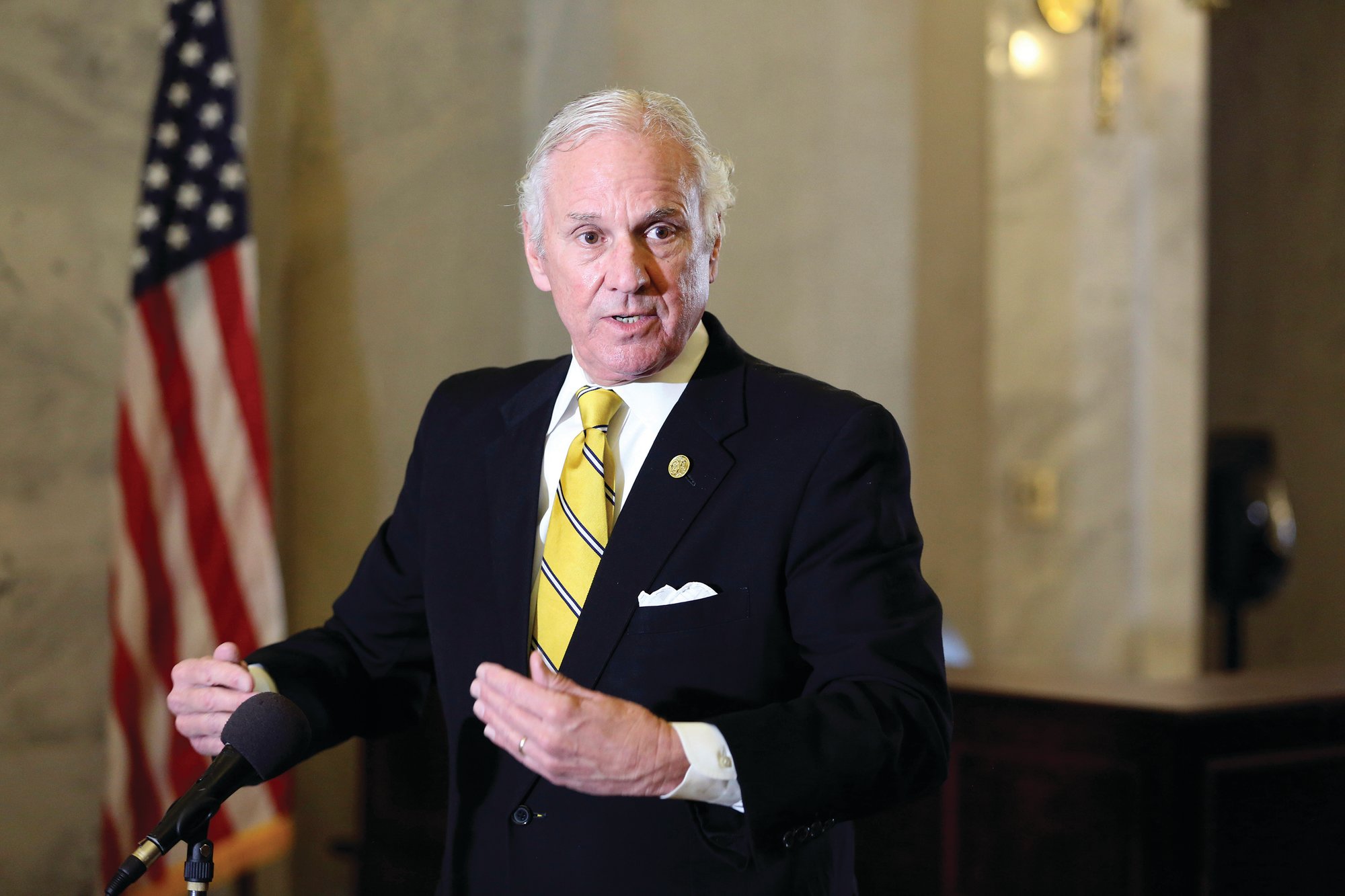S.C. virus money ideas: I-26 widening, body cameras, broadband
The Associated Press
COLUMBIA - South Carolina should spend its share of federal COVID-19 relief money on needs as diverse as statewide broadband internet, body cameras for all police and jumpstarting the widening of Interstate 26 between Charleston and Columbia, according to a special group put together by the governor.
Other suggestions to spend the nearly $3 billion controlled by the General Assembly included extra education help for kids who fell behind in the pandemic, fixing aging water and sewer systems, adding sand to beaches and improving the state's computer systems.
"This is a once-in-a-lifetime opportunity, we think," Gov. Henry McMaster told the Accelerate SC group Tuesday at their final meeting, at least for now.
The final say will come from state lawmakers in a special session, likely in late September.
McMaster created the group of government and business leaders first to help figure out how to reopen South Carolina after the shutdowns when the pandemic started and brought them back together to come up with ideas on how to spend the federal relief money.
"We covered every cranny and nook of the state," said James Bennett, an Accelerate SC member and vice president for First Citizens Bank.
In all, South Carolina will get about $9 billion in federal aid. About two-thirds of it is being sent directly to local governments or school districts or is already allocated. There is also $500 million from a federal settlement over the U.S. government failing to meet deadlines to remove plutonium from the Savannah River Site near Aiken.
Accelerate SC released 19 recommendations Tuesday worth about $2.1 billion. They suggested the state hang on to the rest of the money in case unforeseen problems crop up between now and the deadline to spend it all in late 2024.
The group recommended giving $170 million to start a $1.8 billion or more project to widen 70 miles of I-26 in the rural areas between Charleston and Columbia.
The corridor sees frequent traffic jams and slowdowns as trucks going to and from the state's busiest port mingle with traffic between South Carolina's busiest cities.
"Making this investment now allows us to slingshot this program ahead by six years," Accelerate SC Executive Director James Burns said.
"When can that start?" someone in the crowd asked.
The group also recommended spending $490 million to get broadband internet to every part of the state as soon as possible. More than half of South Carolina's counties lost population, according to the 2020 U.S. Census, and internet access for virtual learning was a huge problem for the state's rural school districts, which also tend to be in its poorest areas.
The Accelerate SC report suggests $400 million to boost work to improve the state's more than 600 water and sewer systems, which are on average nearly 50 years old. It also said the state should spend $73 million on cybersecurity on those plants.
There is a $50 million recommendation for grants to pay for tutoring, afterschool and summer programs for students who fell behind during the pandemic.
The report suggests spending $27 million to get every police officer in South Carolina a body camera, $47 million to promote tourism and renourish beaches, $10 million to stockpile protective equipment for the next pandemic and $15 million to expand and renovate the state's emergency operations center.
The group suggests spending $67 million on better computer systems for state agencies and $350 million to help pay for an expansion of the state port in Charleston so containers can get from ships to rail cars without going on public roads.
McMaster said he will review Accelerate SC's suggestions early next month and present his own report to lawmakers, much like he does for the state budget every year.
The General Assembly plans to meet in a special session in late September to consider the spending proposal.
A House panel considering how to spent the same money met Tuesday on its own, hearing from several agencies that want a portion of the relief money.
More Articles to Read

